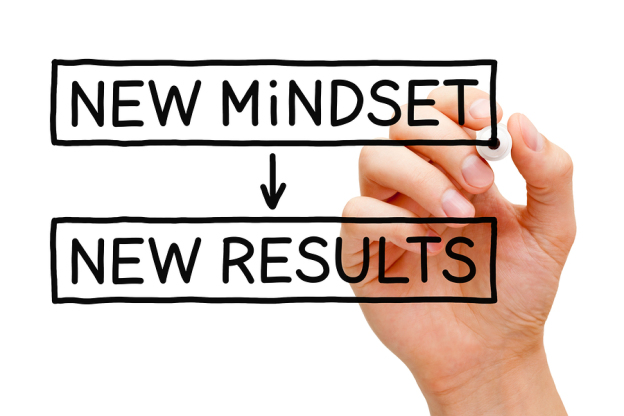Most people try to hide their feelings and the result is that the emotions come out sideways in their relationships and work.
Matt Lieberman, a neuroscientist from UCLA, says that by labeling our emotions we diffuse their power over us and they can become informative instead. Labeling works because it gets us out of our reptilian brain and back to the reasoning part of our brain.
You might have learned this in a parenting class–instead of trying to appease an upset child your best strategy is to help them identify (label) what they are feeling. This allows them to process it and rise above the feeling, rather than be engulfed by the feeling.
Well, the same is true for you and I. Although you may have been taught that you are too emotional and should get a handle on your emotions, that type of conditioning only makes you more likely to explode or react from an emotional space. It does not actually make you more rationale.
Emotions are indicators that can help us navigate our environment and make choices that will lead to our happiness.
They should not be stifled. Neither do we want to become victims of our own emotions to the point they have shut down parts of our brain and put us into ‘fight or flight’ mode.
When you feel angry and acknowledge it then you can look at the circumstance and make choices to ask for changes or remove yourself from situations that aren’t in your best interest. If you try to hold in your anger you are likely to stop listening to the mild messages until they become an explosion.
My experience with my own pent up anger is it always comes out destructive and it never gets me what I actually want.
Cultivate Curiosity
So in order to make sure I hear my anger, or any other emotion, while remaining in the driver’s seat of my life–I am learning to label how I feel and start to become a curious investigator of my emotions.
The more I listen to and ask questions about how I am feeling the more I am starting to make choices I like. By labeling how I am feeling it keeps me from diving deep into the feeling. On those deep dives I rarely learn anything that helps me react to my world in a productive way.
Labeling your emotions is a great tool. Try it next time life sends you spinning. Cultivate curiosity for how you are feeling and it can become a wonderful guide. Life is too short to spend it pretending we are happy when we are not. The easiest way to make a life where you are happy is to notice what makes you feel good and what doesn’t. Then do more of what does.











